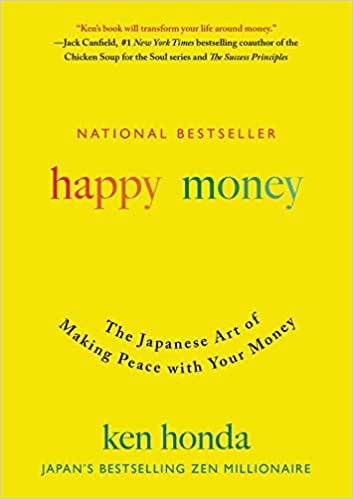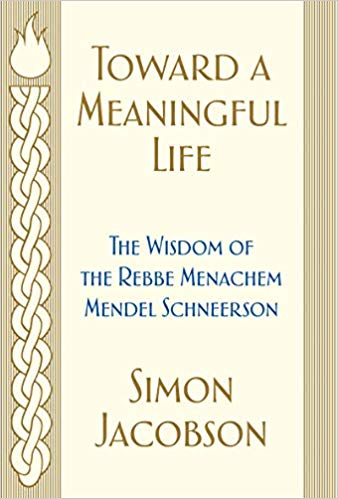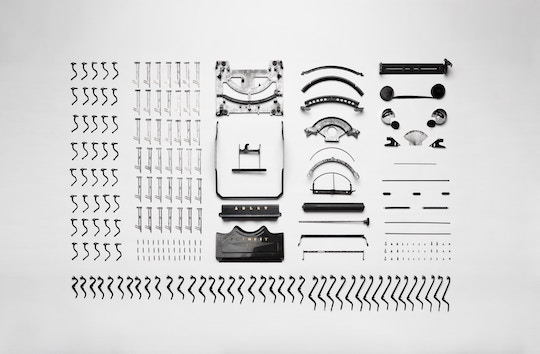“Happy millionaires do what they love.”
—Ken Honda, Japan’s best selling zen millionaire

Image from Amazon
Someone once told me that money is a scoreboard for value. A second concept that I’ve taken to heart is: “Time is the Coin of Life.”
How are you spending your time, and what value are you creating in the world?
What is your current level of happiness and life satisfaction?
Research has proven time and again that intrinsic motivation – that based on deeply held values and beliefs – creates far more sustainable and lasting rewards than any external scoreboard could measure.
EXERCISE:
Consider taking a look at Ken Honda’s work, including his book, Happy Money. Lynn Twist’s book, The Soul of Money, is another excellent resource to help you live a more richly rewarding life.









